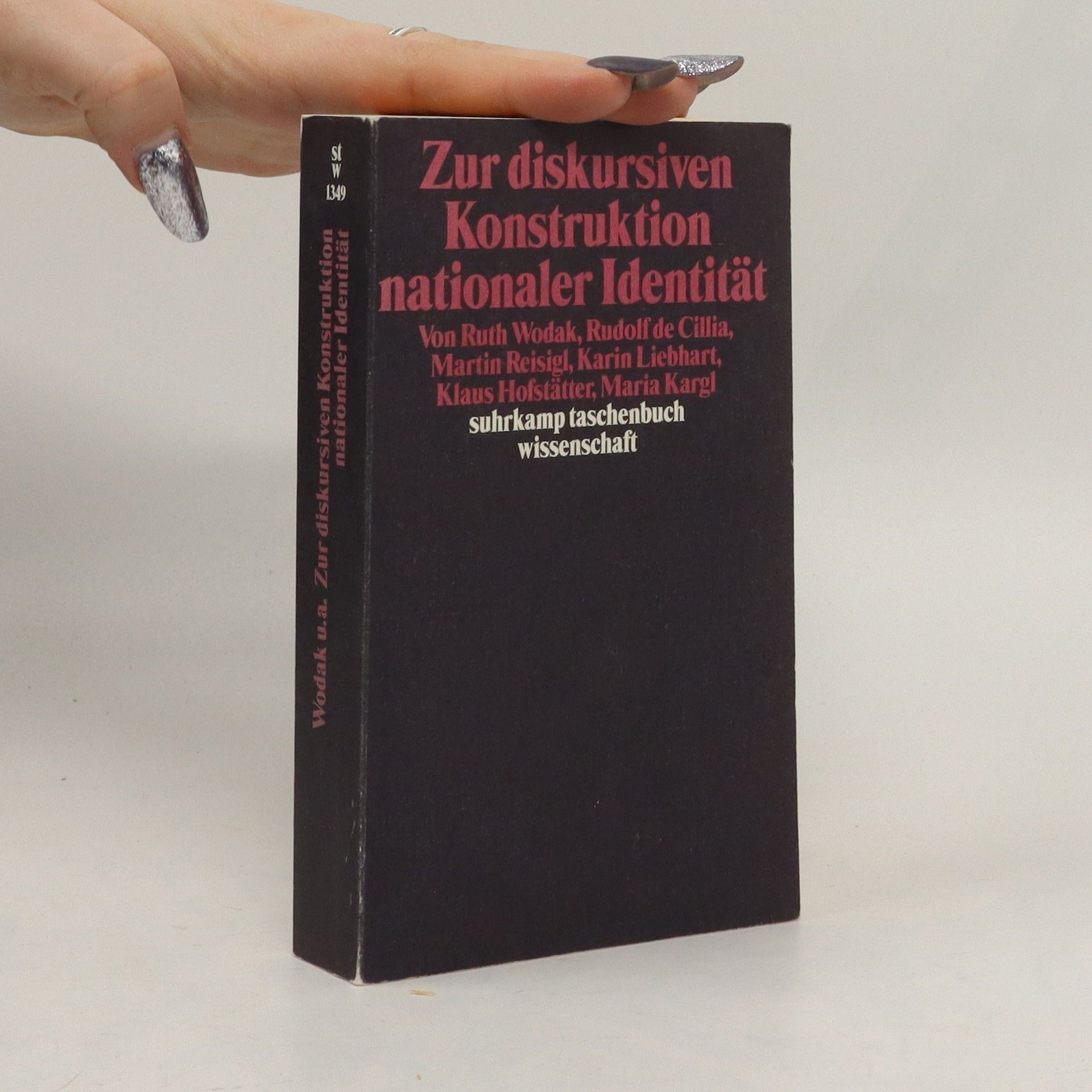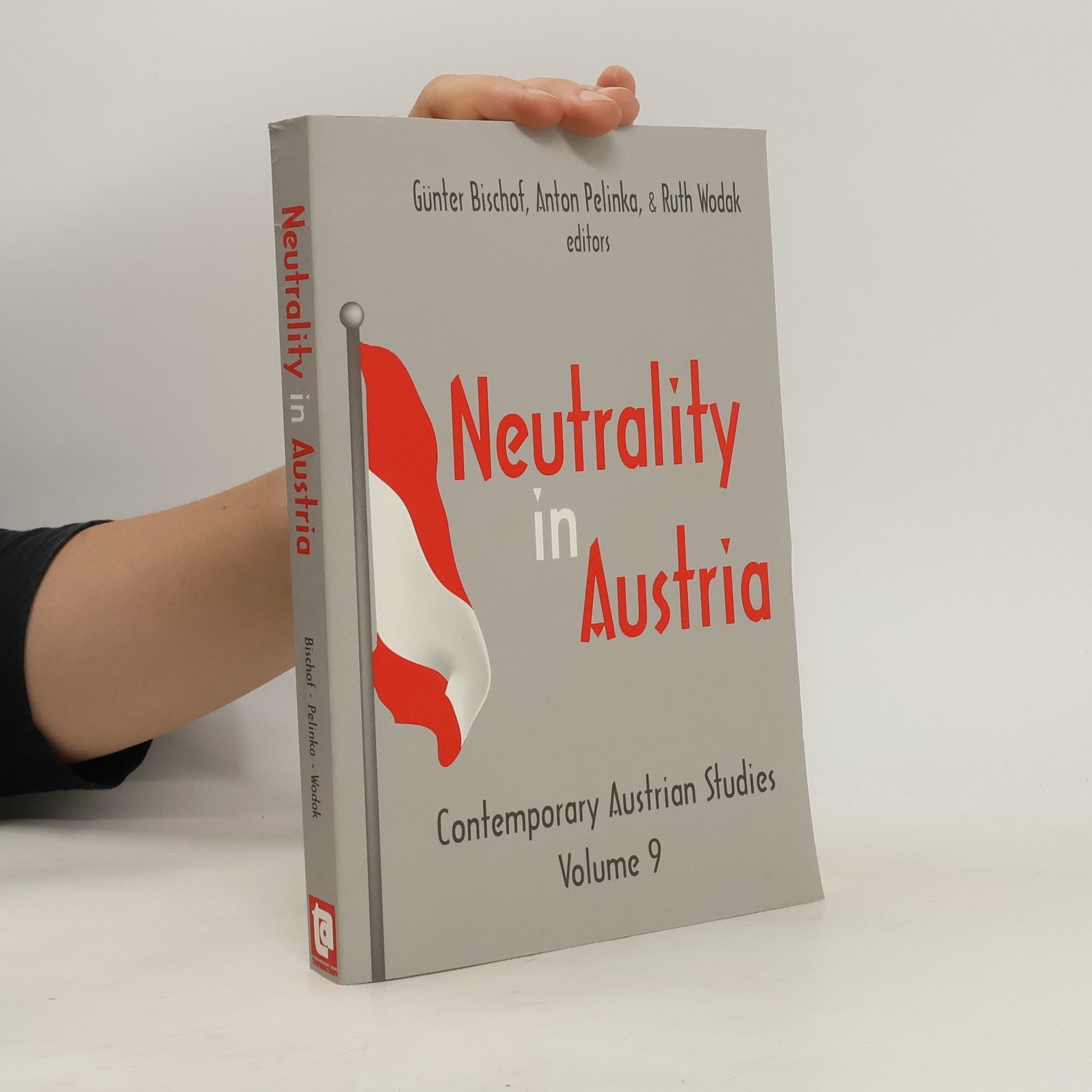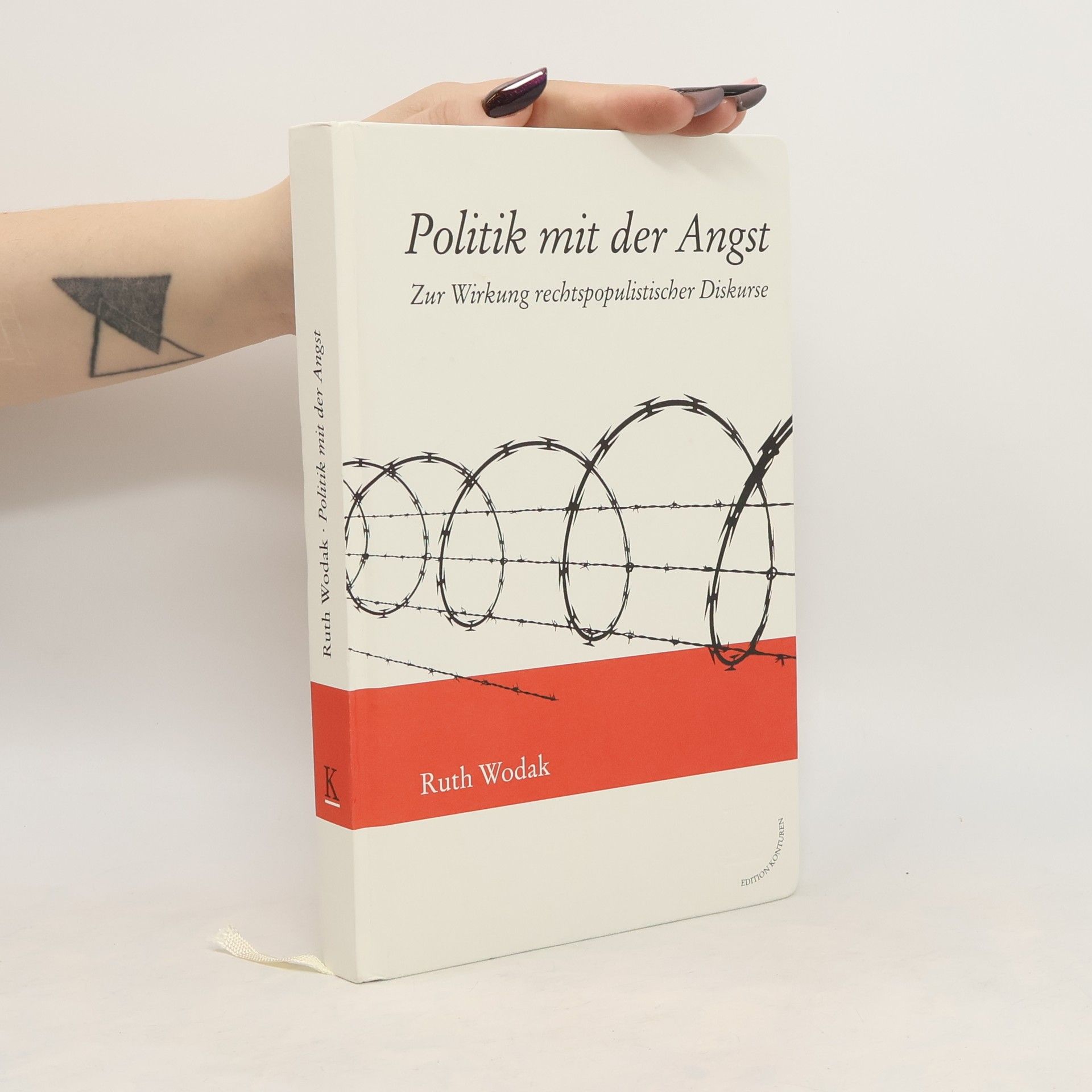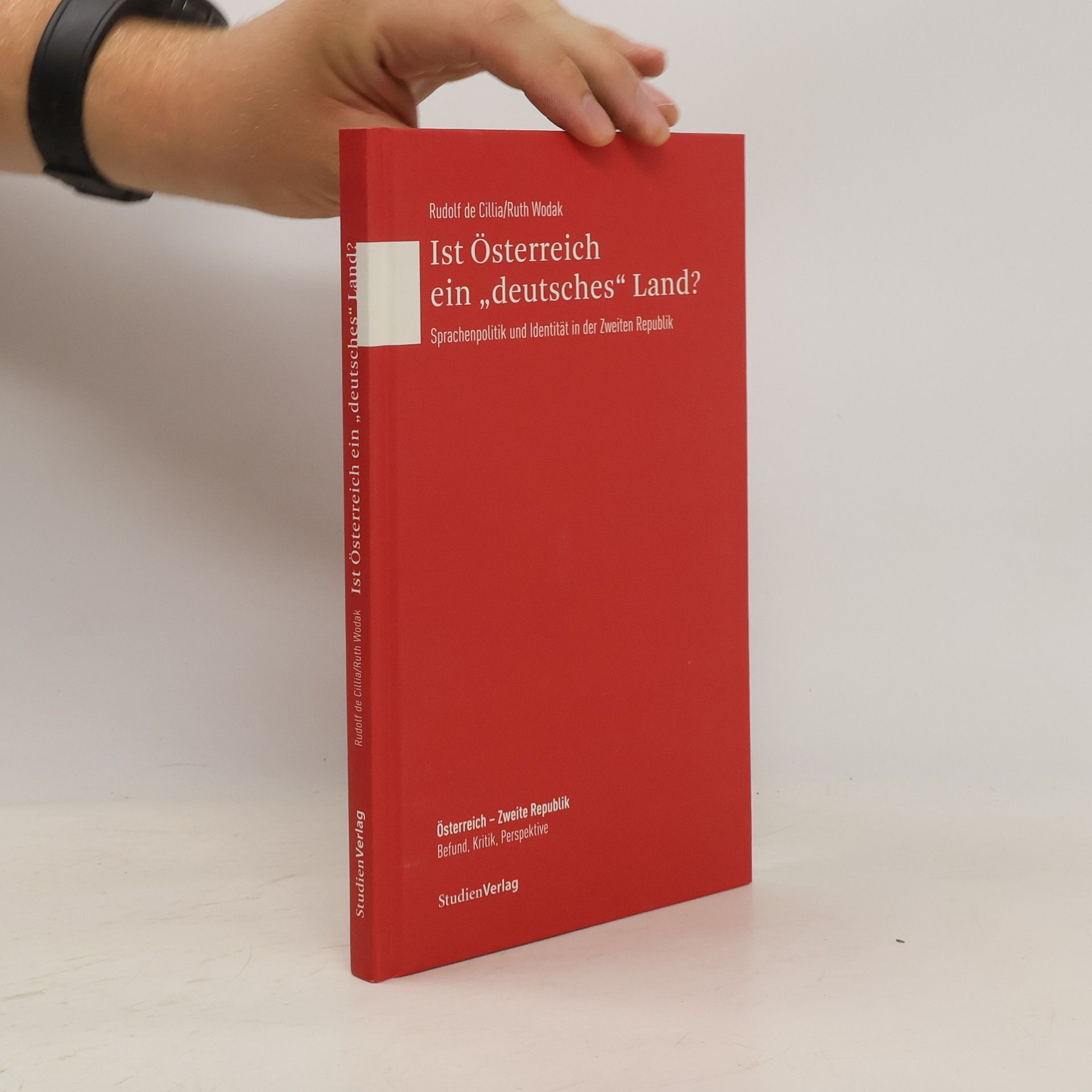Das kann immer noch in Wien passieren
Alltagsgeschichten
Antisemitische Beleidigungen auf offener Straße, Diskriminierung im Beruf oder der Kampf um staatliche Wiedergutmachung: Die »Alltagsgeschichten « sammeln Eindrücke, Erlebnisse und Geschichten, die viele Jüd:innen aus drei Generationen erlebt haben und klarmachen: Das kann immer noch in Wien passieren. Diese Geschichten sollen nicht »anklagen«. Sie sind voll Humor, aber auch von Trauer und Wut erfüllt, sie ironisieren und verfremden. Sie finden in Wien statt, wo sich Kosmopolitisches mit Provinziellem vermischt; wo sich viele so wohlfühlen und trotzdem immer vom Auswandern sprechen; wohin viele zurückgekehrt sind, nachdem sie vertrieben worden waren; wo dem Antisemiten Karl Lueger ein großer Platz mit Statue am Ring gewidmet ist, an Sigmund Freud aber nur ein kleiner Park erinnert. Der alltägliche Antisemitismus besitzt auch in Wien eine so lange Tradition, dass er oft gar nicht mehr auffällt. Und genau deshalb soll dieser Band seine Leser:innen zum Nachdenken anregen. Mit Beiträgen von: Robert Schindel, Doron Rabinovici, Anna Goldenberg, Ernst Strouhal, Verena Krausneker, Oscar Bronner, Sophie Lillie, Ariel Muzicant u. v. m.










